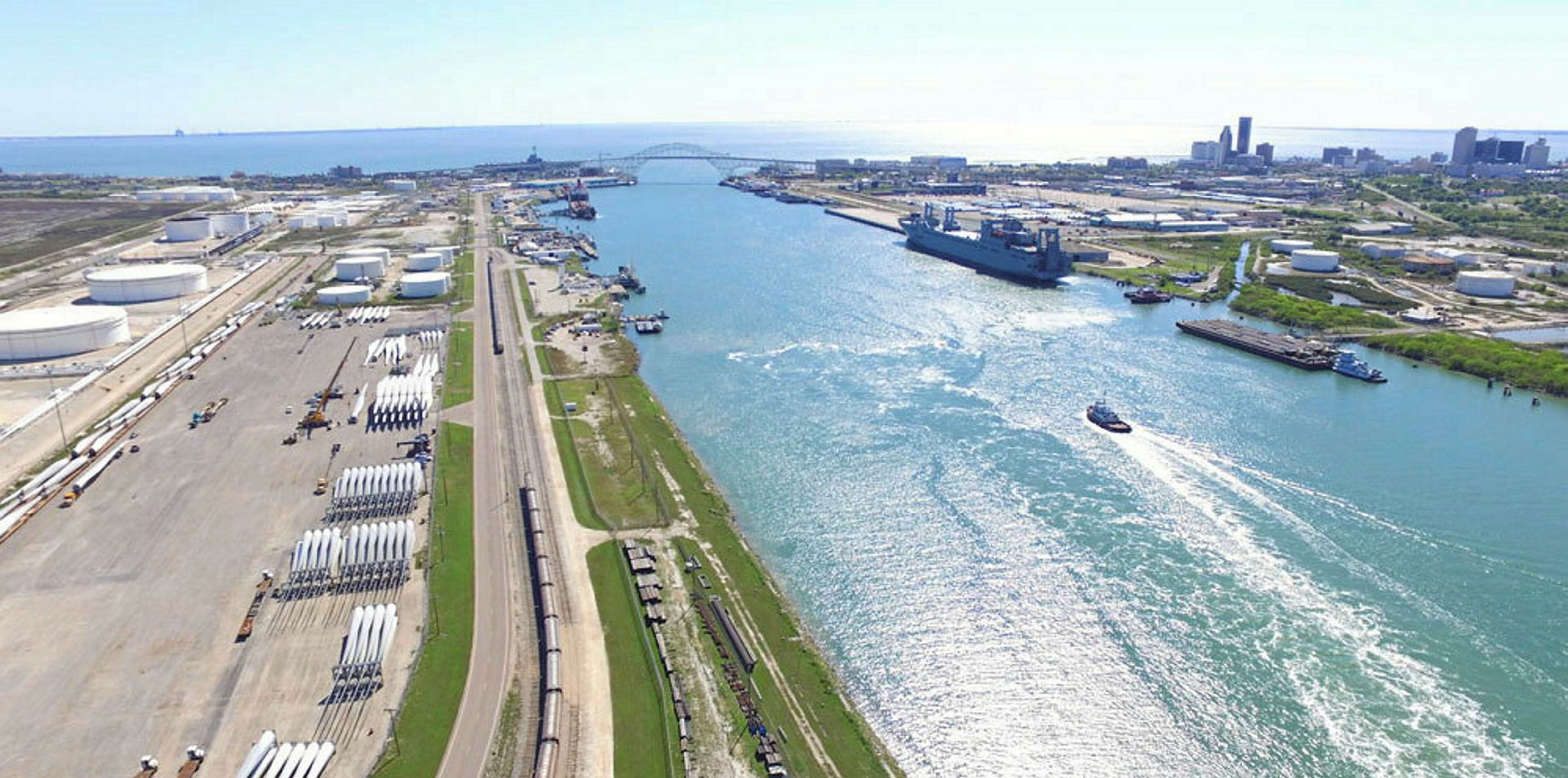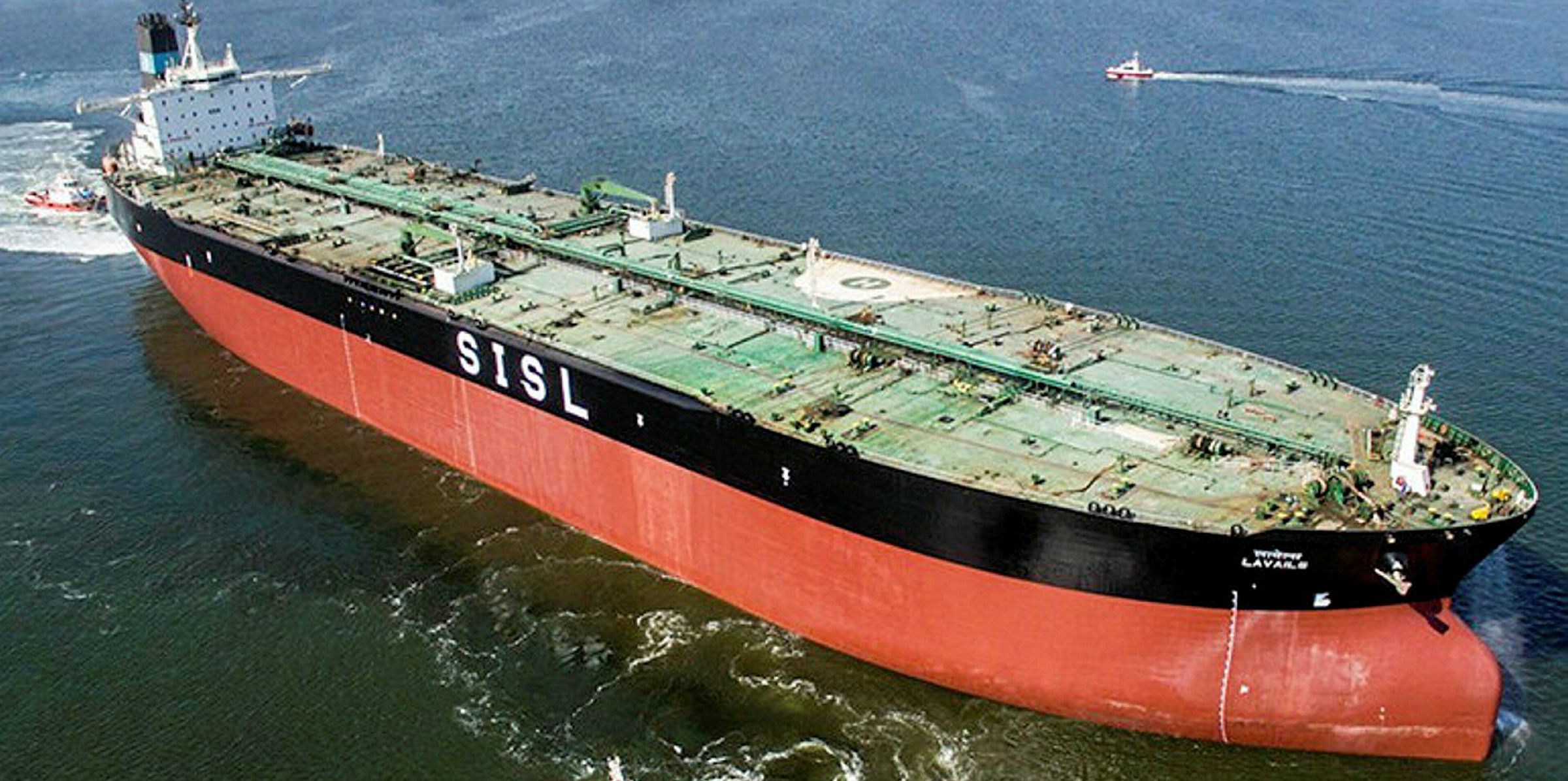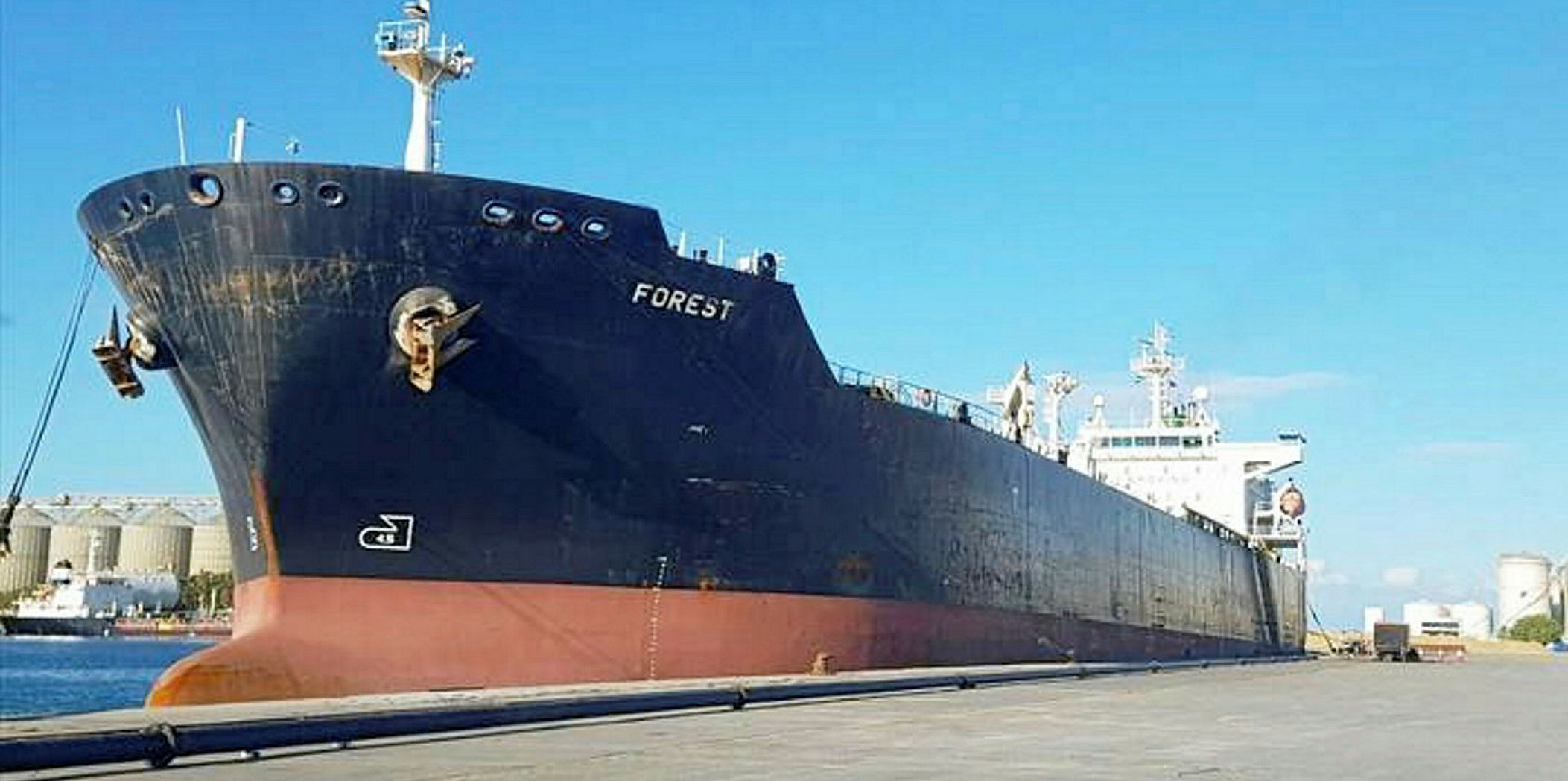Spot earnings for product tankers are bottoming out in the Atlantic basin with the revival of naphtha and gasoline arbitrage movements, tanker experts suggested.
Clarksons Platou Securities estimated MR earnings on the TC2 northwest Europe-US Atlantic coast route at $9,000 per day on Monday, up from $6,400 per day last Friday.
The brief dip in TC2 earnings last week has pried open the gasoline arbitrage window at a time when many LR1s are used to transport cargoes to West Africa, some experts said.
“With a shortage now of LR1 tonnage for the balance of the month, MRs are likely to become the favoured size once again, helped by the fact that pricing has also reached near parity,” Gibson Shipbrokers said in a note.
“At the same time, the arbs transatlantic have also opened up and a surge in activity has boosted the market in the last day or two.”
US oil companies have managed to draw down their gasoline inventories following months of low imports and crude runs, suggesting that there is room to replenish their stocks.
Data from the Energy Information Administration revealed stocks on the US Atlantic coast amounted to 62.2m barrels on 11 September, much lower than the early-June level of 75.1m barrels. They stood at 62.4m barrels in mid-September 2019.
In the US Gulf, a strong pull of naphtha cargoes by Asian petrochemical producers has also helped to absorb tonnage.
Platts estimates up to 686,000 tonnes of naphtha could be lifted in the Gulf this month for voyages to Asia, with the shipments expected to be on MR and LR1 vessels.
The lumpsum MR rate for shipping from the Gulf to Japan or South Korea was $1.45m and the LR1 figure was $1.7m as of 17 September, according to the pricing agency.
Market estimates show at least 500,000 tonnes would make similar journeys next month as the arbitrage window remains open.
Tanker markets have been mostly listless in the Gulf in recent weeks, with lifting activity often disrupted by adverse weather conditions during the frenetic hurricane season.
Argus Media reported Texas ports have started to restrict traffic over the weekend, with tropical storm Betta approaching the Gulf coast with strong winds and heavy rainfall.
“The feeling is that the market has bottomed out ... The region has lots of distillates to export, they just haven’t been pushed out due to hurricanes,“ a broker said.





